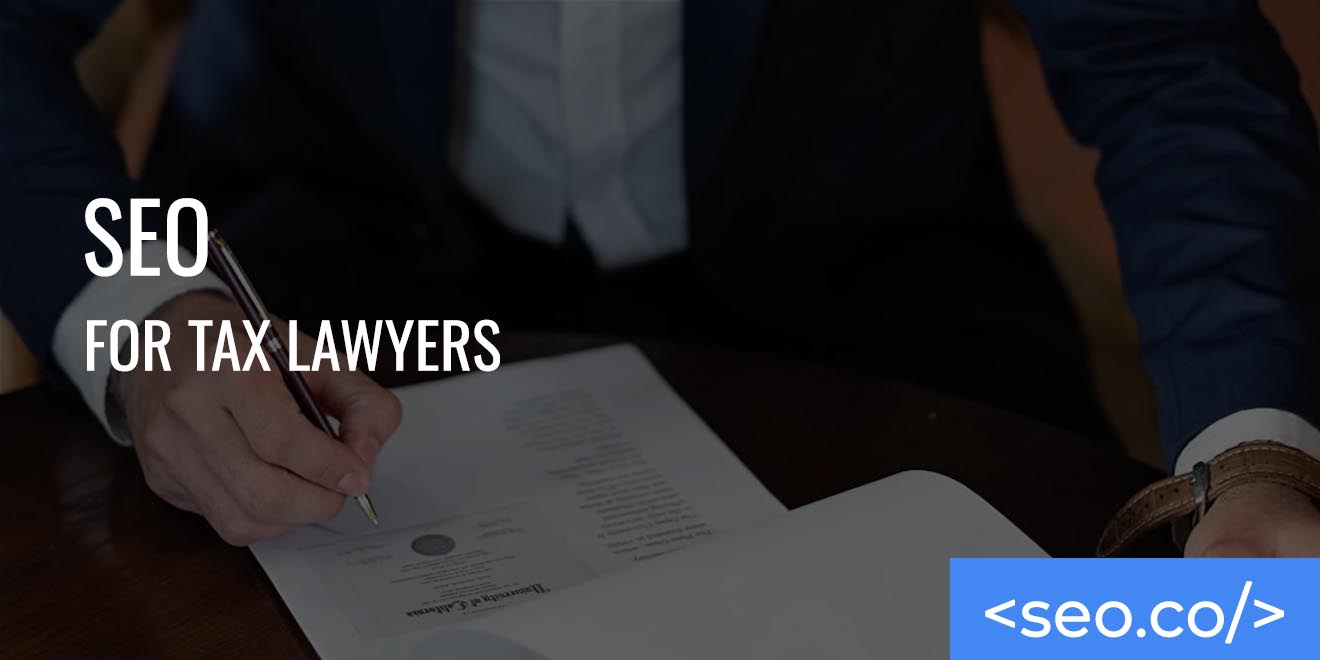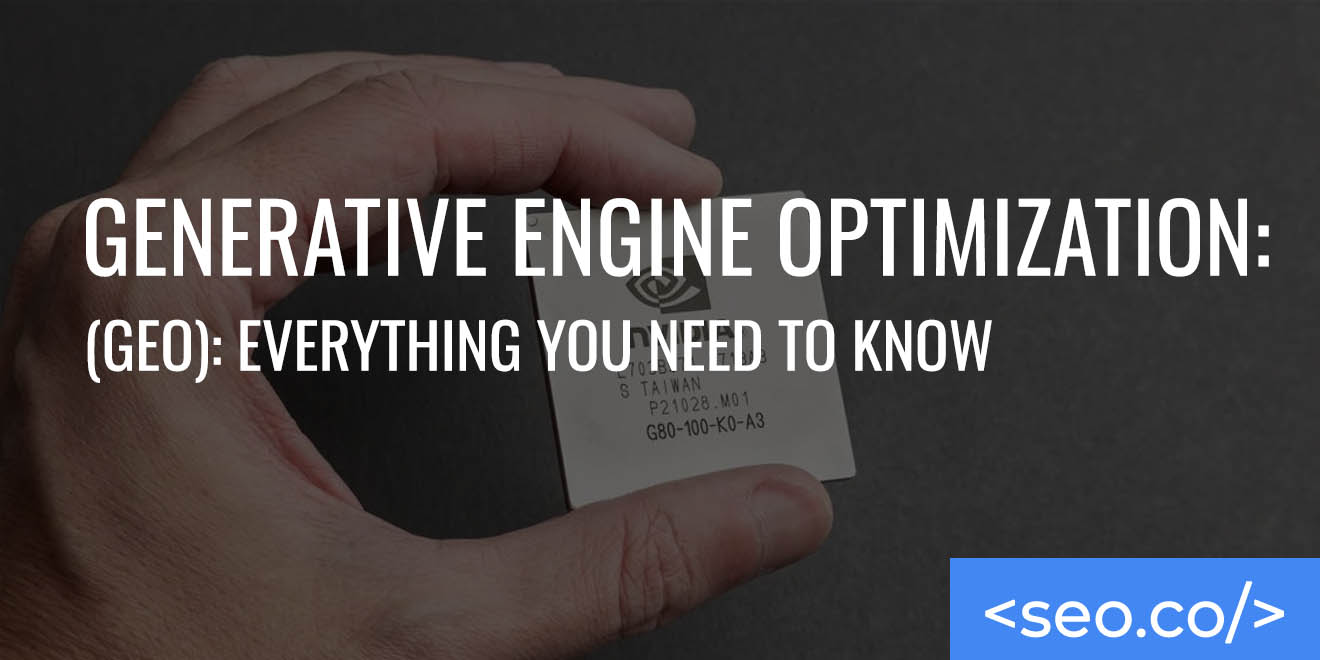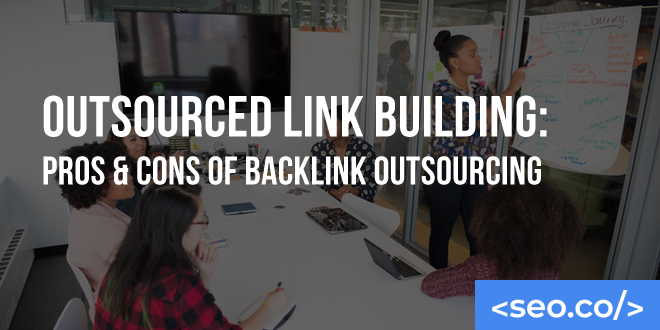
SEO for Labor and Employment Lawyers: Top Tactics to Rank
As a labor and employment lawyer, your goal is to advocate for your clients, ensuring their rights are protected in the workplace. But to do that effectively in today’s digital-first world, you need to be where your potential clients are—online. SEO, or search engine optimization, is the tool that gets you there. By optimizing your website for search engines like Google, you increase your visibility, which leads to more traffic, and ultimately, more clients. So, how do you make SEO work for you as a labor and employment lawyer? Why Labor and Employment Lawyers Need SEO First, let’s look at why SEO for employment lawyers should be your go-to marketing strategy. When people face workplace issues like discrimination, wage disputes, or wrongful termination, they often start their search for help online. They type in queries like “employment lawyer near me” or “help with workplace harassment,” and the search results display a list of lawyers who can assist them. If your employment law firm ranks higher in the search engine results pages, potential clients are more likely to click on your website and reach out to you for help. Law firm SEO helps you capture that traffic by boosting your site’s ranking for relevant searches. And here’s the beauty of SEO: it’s a cost-effective, long-term strategy. While it does require an upfront investment of time and resources, once your website is optimized and starts ranking, you can enjoy a steady stream of organic traffic. Compare that to paid advertising, which only works as long as you keep putting cash into the “machine”, and you’ll quickly see the value of SEO. 5 Components of an SEO Strategy for Labor and Employment Lawyers SEO isn’t a one-time thing. It’s an ongoing effort that involves various tactics to improve your website’s visibility. Here’s how to structure your SEO strategy to ensure you’re reaching the right people. Strategic Planning and Keyword Research Before diving into creating content or tweaking your website, you need a plan. This starts with keyword research. Think about what your potential clients are searching for. Your goal is to identify the terms and phrases most relevant to labor and employment law and your specific niche. Some basic employment law firm keyword ideas might include: Wrongful termination lawyer Workplace discrimination attorney Employment contract review Wage and hour disputes Harassment and retaliation claims Employment Contracts Wage and Hour Disputes Discrimination Workplace Safety Employment Benefits Immigration employment law These broad “head” keywords are competitive, but they’re crucial because they define the core of what you do and can set you apart from other employment law firms. However, don’t stop there. You’ll also want to target long-tail keywords, which are more specific and less competitive, like: “How to sue my employer for discrimination” “Can I sue my boss for unpaid wages?” “How can I protect my company against a frivolous employment lawsuit?” By targeting a mix of both, you can cast a wide net while also capturing niche searches with less competition. 2. On-Page SEO and Technical Optimization Once you know which keywords to target, the next step is ensuring your website is optimized for search engines. This means making sure Google can crawl your site easily, your content is relevant to search queries, and the user experience is top-notch. Here’s how to tackle the most critical aspects of on-page SEO: Page Titles and Meta Descriptions: Every page on your site should have a clear, keyword-focused title tag and meta description. These are the snippets of text that appear in search results and help Google and potential clients understand what the page is about. For instance, if you have a page about wage disputes, make sure the title includes “Wage Disputes Lawyer” and your location if you’re targeting local traffic. URL Structure: Keep your URLs short and relevant. A page focused on wrongful termination should have a URL like: /wrongful-termination-lawyer. This not only looks cleaner but also signals to search engines what the page is about. Internal Linking: Make sure your pages are interconnected with internal links. If someone is reading about wage disputes, link them to related content on workplace harassment or your contact page for easy navigation. Page Speed and Mobile Optimization: A slow website can hurt your SEO efforts. If your pages take too long to load, users will bounce, and Google will penalize you for it. Invest in page speed optimization techniques like compressing images, enabling browser caching, and using a content delivery network (CDN). And don’t forget mobile optimization! Most people are searching on their phones these days, so make sure your site is mobile-friendly. 3. Creating High-Quality, Relevant Content In SEO, content is king, and that’s especially true for labor and employment lawyers. The more valuable content you create, the more opportunities you have to rank for relevant keywords and build trust with potential clients. Here’s how to approach content creation: Targeted Blog Posts: One of the best ways to rank for long-tail keywords is to write blog posts answering common legal questions. Topics like “What to do if you’re fired without cause” or “How to handle workplace retaliation” can help you capture traffic from people actively seeking legal advice. Make sure each post is thorough, answering the question in depth, and includes your target keywords naturally throughout. Practice Area Pages: Don’t neglect the core pages of your website. You should have individual pages dedicated to each practice area, such as wrongful termination, wage disputes, or discrimination cases. These pages should include detailed information about the services you offer, relevant legal insights, and clear calls to action. Local SEO Content: Since legal services are often local, you’ll want to include location-based keywords in your content. For example, optimize pages for searches like “employment lawyer in [City Name]” or “labor attorney near me.” Showing Expertise: Google’s algorithm favors content that shows E-E-A-T (Experience, Expertise, Authoritativeness, and Trustworthiness). As a lawyer, your content must reflect your legal expertise. Use your blog and practice area pages to show your knowledge of







